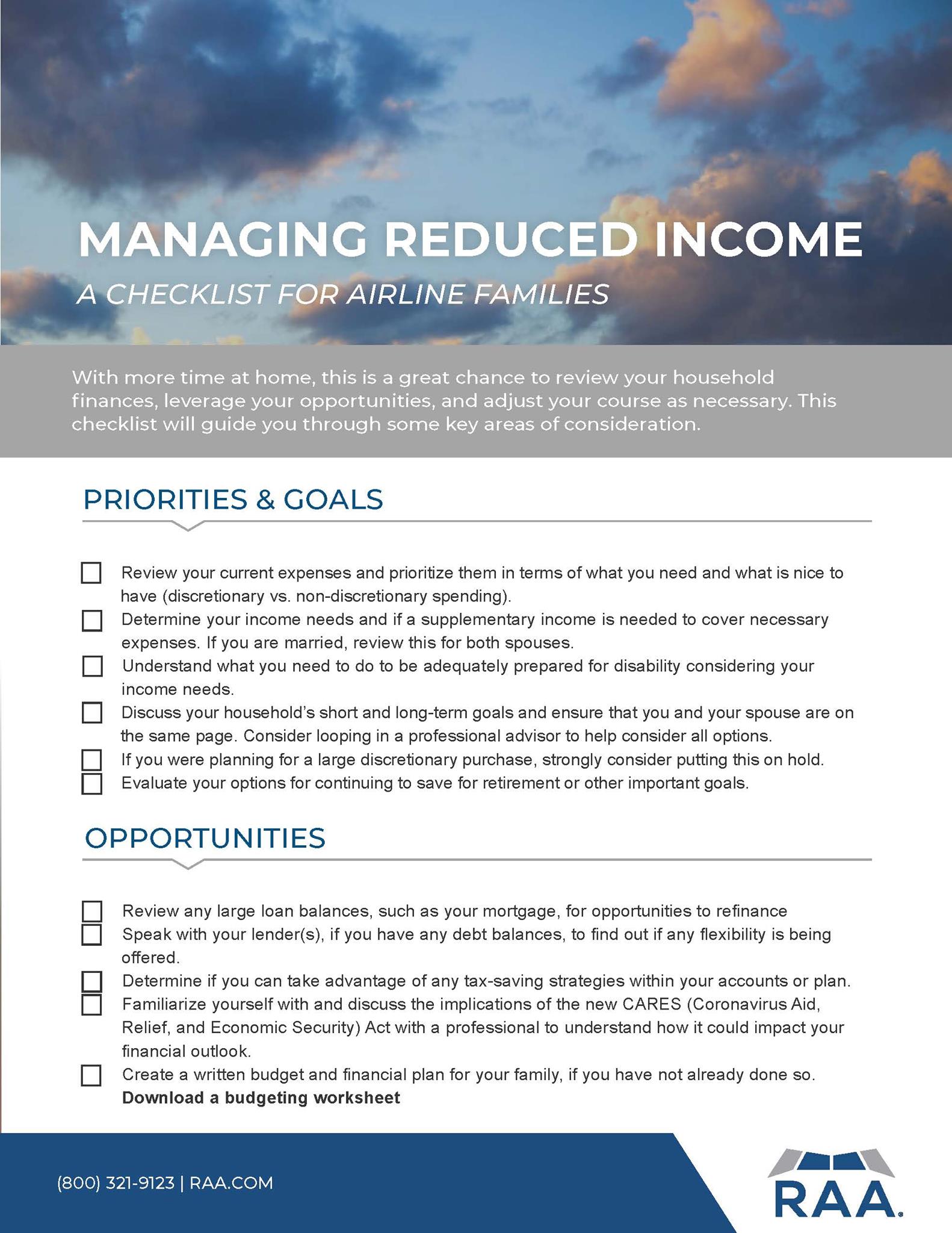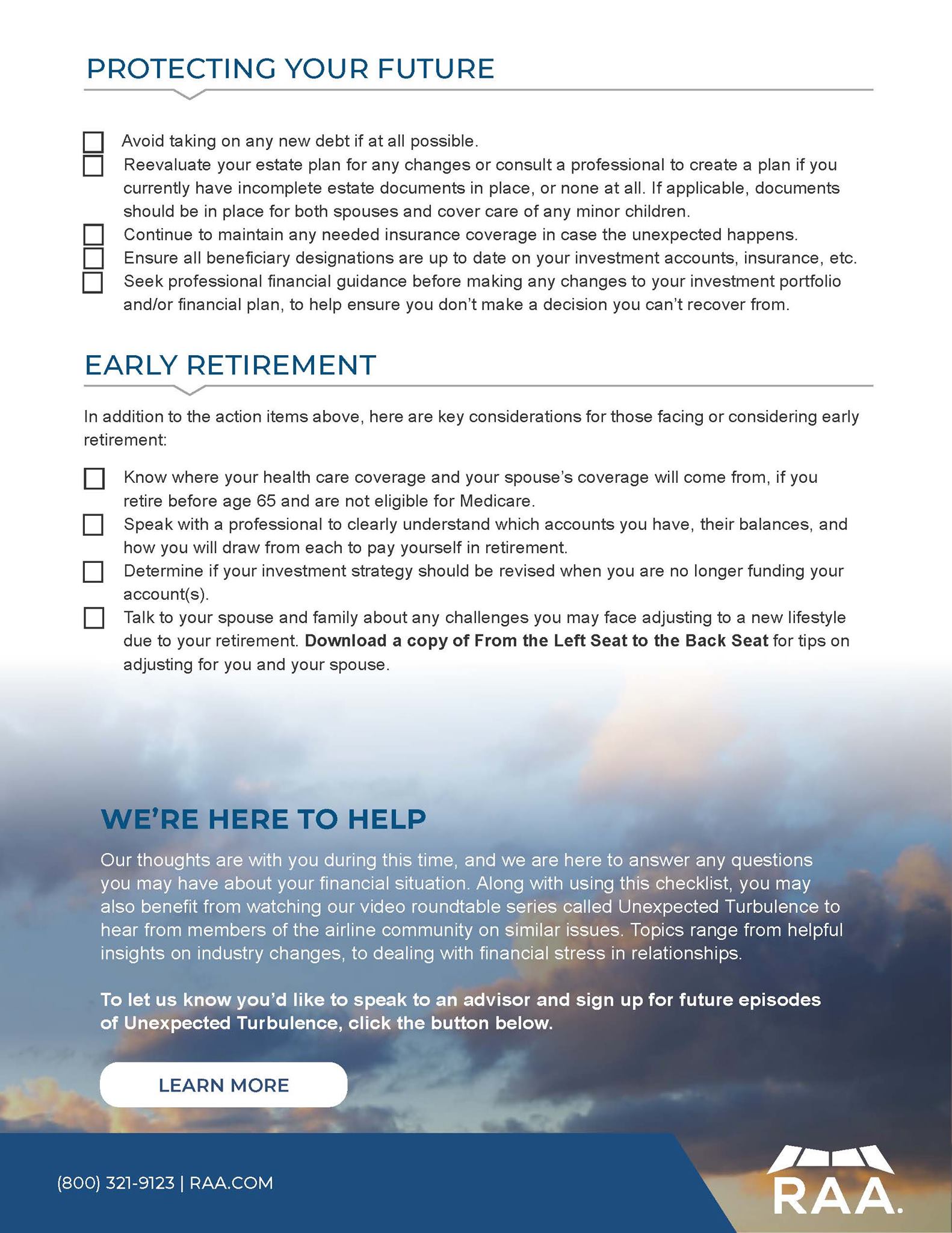Knowing your business model gives direction

When you fly for a living - it's the best job in the world....until you get laid off, or displaced and have to juggle flying with the "real" world of paying bills.
In creating an additional source of income, it can be daunting to decide what to do, what to create, which opportunities to pursue.
Most businesses, and investments for that matter, can be tucked neatly into one of four business models.
Knowing which category your idea fits will provide guidance, to pinpoint your direction as to how to capture opportunity, minimize risks and avoid threats.
This is the part they don't teach you in basic flight school (which fits nicely in a B2C business model).
The four business models are:
1. B2C - business to consumer. This is the most common businesses module, where a business sells to a consumer. Basically anything you buy either in a store, or on line, say household supplies, light bulbs, clothing, entertainment (anything from Target or Home Depot!) fits in this category.

2. B2B - business to...
Secure your financial flight path with diversified income

Last week I was flying with a new hire First Officer and had a senior wide-body captain on the jumpseat.
After all the nice pleasantries and taking off, our conversation turned to the last year's turmoil - the cost Covid-19 had on the airline industry.
The new First Officer thought he had made it - landed a pilot job with a Legacy Carrier.
Both myself and the Senior Captain couldn't stress enough the importance of having a secondary source of income - just in case.
In the airline industry, it's never "just in case." It's not a matter of if, but a matter of when - when the industry takes a nose dive again.
It seems that aviation is hit with some sort of unpredictable and uncontrollable Category 5 financial hurricane ever eight to 10 years.
9/11
The 2008 recession
Covid-19 lock-downs
Several airlines didn't survive this round.
Hundreds of pilots received the dreaded news:
“Due to current unforeseen business circumstances beyond our control, the Company has made the ...
Flight Planning your Finances

When flight planning, do you begin with the departure point, or your destination?
How about planning for retirement, even if it's a few decades away?
Did you start when planning for retirement when you started flying, or will you begin right before you turn 65, when you're grounded by federal law?
Airline pilot unions do an amazing job with retirement seminars. But other than signing up for the company 401k or other retirement programs, there is little to no education on what to do with your money.
Do you roll the dice with a pre-selected investment strategy? Do you manage the account your self or get help?

One area to start is to work the numbers backwards. Where do you want to be at the end of your flying career? Start a Point B. You already know where your starting point.
Do you want to retire with $3,000 a month income?
$10,000 a month?
$20,000 a month?
Is it all going to come from your 401k, or defined benefits plan? Or will a portion of that co...
Just get going...

Get off the roller coaster - and still live the dream!

In an ideal world of aviation, pilots would start with a legacy carrier before they turn 30, start saving for retirement by at least maximizing their 401(k) account and stay married to the same spouse for the entire time.
The previous scenario should create a very nice income to support a very nice retirement lifestyle.
Unfortunately for many, "livin' the dream" doesn't look like that. It sometimes looks like you're hanging on for dear life!

Instead it's a roller coaster, with income taking massive swings as pilots progress from one airline to another, sometimes taking a furlough or displacement along the way. And those are the lucky ones!
Many pilots have seen their jobs collapse right under their promising career as the carriers close shop.
Personally, I have experienced two airline closures, two furloughs and a displacement.
Just when I though the going was going well, 9/11 happened. And then you realize it's well beyond your control.
Never again.
N...
What business or investment to start?

Hundreds of pilots are facing a more certain future than they were last March, but so many have lost pay and even entire jobs.
Taking control of your own finances and adding income outside the cockpit is really the only way to secure your own financial future, to secure your own Success Flight Path.

If you aren't really sure what type of business or investment to start, start with what sparks you! What interests you? What types of skills you have that lend themselves to profitability?
Can you teach something? Sell something? Offer guidance in a particular area?
Below are just a few questions to ask yourself when starting your search:
What do you like to do?
- What you are good at doing? (If you're not sure, ask friends, family and co-workers.)
- What do people ask you for help doing?
- What you can do that others that they can’t or don’t want to do?
- What people are willing to pay for you to do?
- How much would other people pay you to do that, and would that amount be ...
Managing Reduced Income Checklist

After a lot of research, I tripped over a great gem of a Checklist from RAA.com, a financial consulting firm that caters to professional pilots.
Check it out: "Managing Reduced Income: A Checklist for Airline Pilots


Life after the cockpit

After more than 25 years in the cockpit, Captain Vince Kramer recently hung his wings up. Like so many airline pilots these days, he took an early retirement package from a major airline.
Here he offers some insight into how he found a passion and is pursuing it and hopes to inspire pilots facing furloughs and displacements to find their passions as well.


